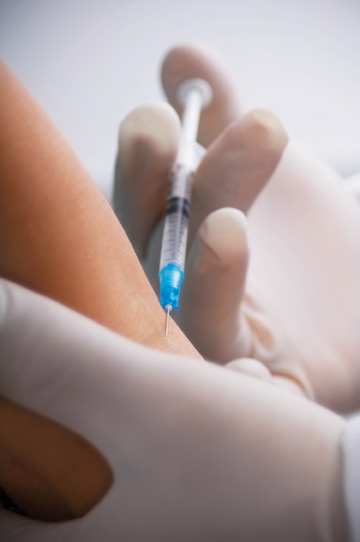
If you are interested in becoming a living kidney donor and are in good health, here are some steps you can take. More details
 One of the things that many patients look forward to after transplant is the freedom to travel. Patients should advise their doctor if they intend travelling abroad. It is important to consider your destination as some exotic locations may have higher risks, including impure water or insect bites. If you require any vaccinations, you must consult your doctor. Always pack enough medications for the entire journey and a little extra in case of delays. Ensure that your medications are not exposed to extreme heat or cold. If you fly, keep your medication with you in your hand luggage. Carry your Renal Transplant Passport with you. Pack plenty of sunblock and use it! On long journeys, get up and walk around at least every two hours, and ensure you drink plenty of water. On long distance flights, it is recommended that you wear flight stockings. In warm weather, ensure that you keep yourself well hydrated.
One of the things that many patients look forward to after transplant is the freedom to travel. Patients should advise their doctor if they intend travelling abroad. It is important to consider your destination as some exotic locations may have higher risks, including impure water or insect bites. If you require any vaccinations, you must consult your doctor. Always pack enough medications for the entire journey and a little extra in case of delays. Ensure that your medications are not exposed to extreme heat or cold. If you fly, keep your medication with you in your hand luggage. Carry your Renal Transplant Passport with you. Pack plenty of sunblock and use it! On long journeys, get up and walk around at least every two hours, and ensure you drink plenty of water. On long distance flights, it is recommended that you wear flight stockings. In warm weather, ensure that you keep yourself well hydrated.
 Immunisation & Travel Advice
Immunisation & Travel AdviceExotic destinations may include potential exposure to infections that are rare in your country of origin or that you have never been exposed to before. When considering foreign travel, it is worth assessing your potential destination with regard to water supply, general standard of hygiene and access to medical services.
If you are planning foreign travel you should consult with a travel medical specialist, in good time, before you plan to travel. You should also comply with vaccines and medications that are prescribed for you. You should also ensure that you have adequate supplies of medication and adequate health insurance cover. Many travel insurance packages do not cover existing illnesses - check before you buy a policy.
Vaccination is a highly effective way of preventing disease. Most vaccines take some time before they are fully effective, so you should ensure consultation with doctor and actual vaccination, weeks before you plan to travel.
You should ensure your vaccination schedule is up-todate. Additional vaccines may be prescribed, depending on the area of travel and any special risks you may encounter. If you are travelling to a malaria endemic area you should also take appropriate malaria medication and precautions.
| VACCINATION AND KIDNEY TRANSPLANT | |
|---|---|
| Routine Vaccinations | Travel Vaccinations |
| Measles, mumps rubella | (As appropirate for area your travelling to) |
| Haemophylis | Typhoid vaccine |
| Mengococcal vacine | Hepatitis A and B |
| Annual Influenza vaccine | Rabies |
| Pneumococcal vaccine every 5 years | Diptheria |
| Human papiloma virus vaccine (Girls under 16) |
Yellow Fever |
| Tetanus vaccine | Cholera |
| Inactivated Polio vaccine (salk) | |
| VACCINATIONS TO AVOID AFTER KIDNEY TRANSPLANTATION |
|---|
| Measles, mumps and rubella |
| BCG |
| Oral Polio |
| Oral Typhoid |
| Small Pox, Yellow fever |
| Chickenpox |
It is beyond the scope of this book to discuss each vaccine individually. The NHS website www.fitfortravel.nhs.uk is a very useful resource that lists specific vaccines needed for each country. You should consult with your doctor if you plan to travel to a destination that requires vaccination.